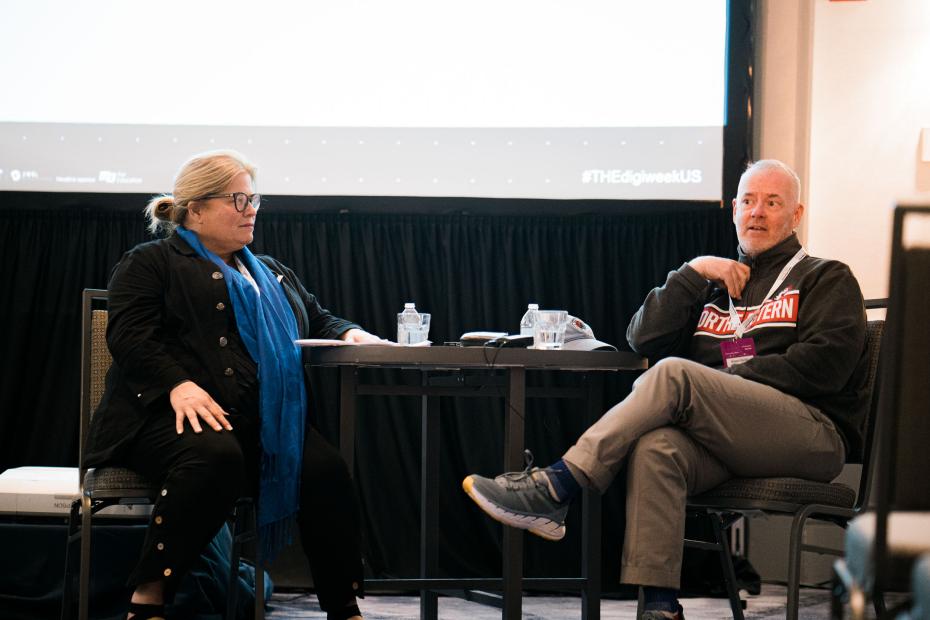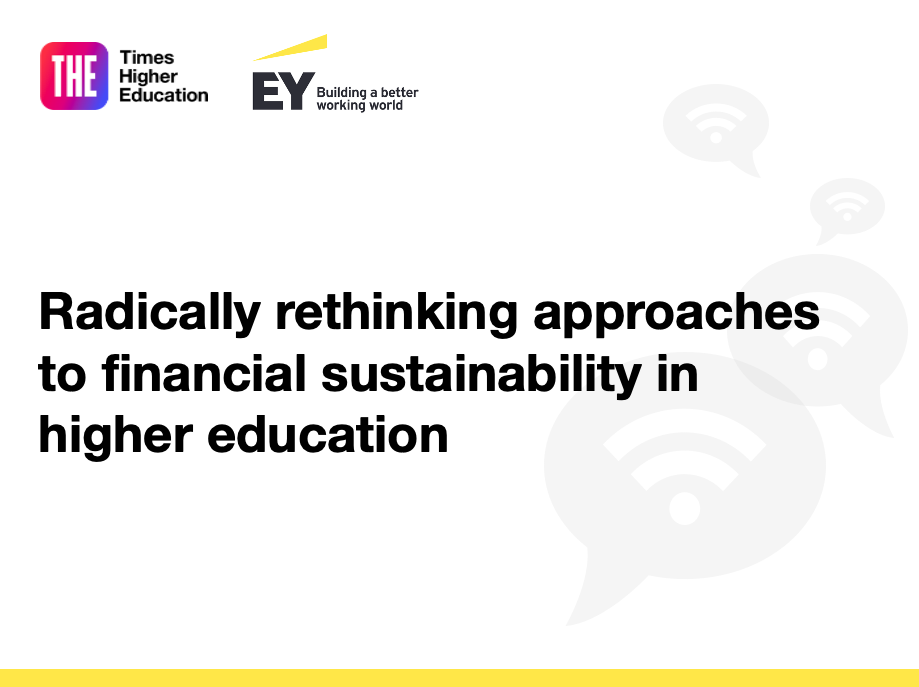Since the pandemic, people all over the world have experienced a shift in their economic circumstances, with soaring inflation and the post-lockdown effect on the economy causing the price of essentials to rise everywhere. The United States government paused interest on student loans for three years and developed debt forgiveness plans to help working people gain financial stability. Concerns over loans and higher education costs have made people shy away from pursuing their education.
As time passes, more companies are dropping the degree requirement from their hiring practices – but what isn’t being discussed is that this is often from entry-level positions. Progressing beyond these roles will still require a degree or certain certifications.
- Creating safe spaces for students to talk about financial difficulties
- How can we encourage students to seek academic assistance ethically?
- We must remove technology worries from the student cost-of-living crisis
But how can universities entice these hesitant individuals back to higher education, from as early on as the application process? Here are some key factors to consider:
Promote scholarships
Given that the cost of education is the main deterrent to students, scholarships are currently too hard to find. Unfortunately, some universities, the students’ former high school or the company offering the scholarship may gatekeep the opportunity at the expense of struggling students, possibly to avoid an excessive number of applications. I was a recipient of a local scholarship from my high school, as well as one from an on-campus club, and there should be more awareness and willingness to share these opportunities. Counsellors should familiarise themselves with the companies, local organisations and even on-campus organisations which offer scholarships, to best point unsure students in the right direction.
Highlight student work options early
Most students do not learn about on-campus jobs until after accepting admission. Like scholarships, this should be an option on the application. A student should be able to select “will need on-campus work” as part of the application form, informing the university that they would potentially have a student worker and can offer it as a part of their acceptance.
Reach beyond the campus walls
While on-campus jobs would be more for students already at the institution, they could also be advertised to potential students. Often universities have feeder programmes into different companies or working relationships with them from years of job fairs and alumni networks. This potential opportunity could be considered a paid internship or job. Having access to a network of local companies that would hire direct from the university and work with their schedules would be an additional way of lessening the financial burden.
Promote online options
A few other areas that could cause individuals to take pause would be living on or near campus. The cost of housing or rent could be an additional factor. Even with several room-mates, it can be an exorbitant cost, especially if attending university in a high rent area. Universities have had to develop online classes, degrees and certificate programmes to remain open during the pandemic. This new part of the university should be highlighted and promoted just as much as on-campus course work. This could allow a student to remain at home without incurring further financial costs and offer flexibility if they wanted to work to supplement the cost of tuition, opening more doors for students who may not have considered higher education previously.
It is time we stop gatekeeping these avenues of monetary support. We need to entice and show potential students that it can be done, and we are here to assist them from the very start of the process. The new normal of financial instability will be a theme for the next several years as these shifts and changes occur. It is important that we as educators adjust with them too.
Brooke Wilson is a credit and risk management professional alongside her work in academia as an adjunct professor. She serves as a faculty member for CSU Global’s MBA programme.
If you would like advice and insight from academics and university staff delivered direct to your inbox each week, sign up for the Campus newsletter.




comment